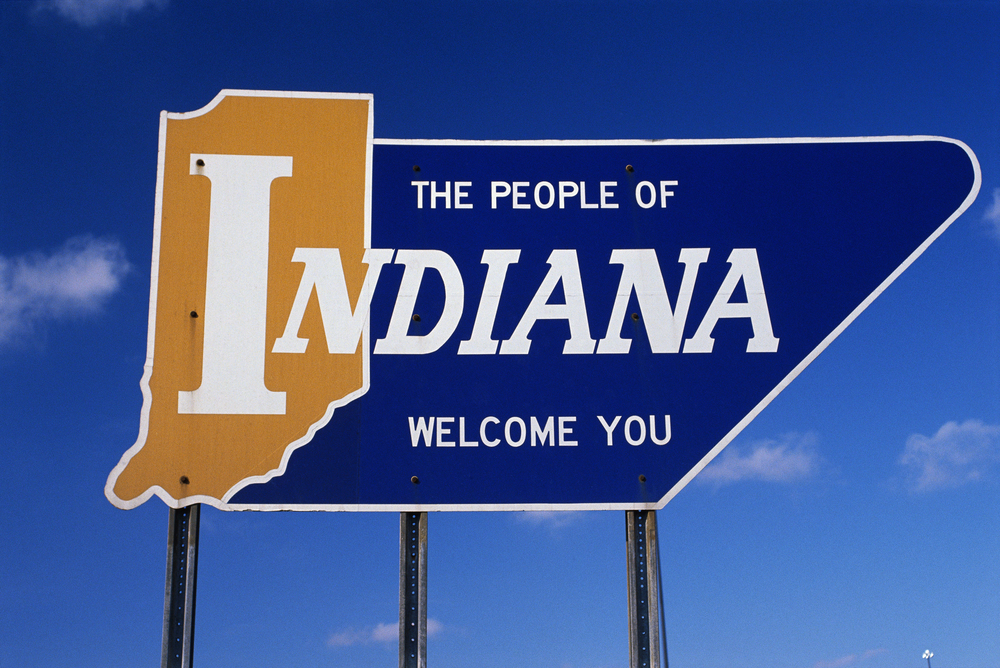One of the most popular social media hash tags last weekend was #BoycottIndiana. Fueled by major backlash from the Hoosier State’s “Religious Freedom Restoration Act,” the immediate concern was that the law would allow business owners and others to refuse service to homosexuals.
Gov. Mike Pence, a Republican, defended the law on national television, and its authors have assured the public that the bill has nothing to do with discrimination and everything to do with religious liberty.
There is no shortage of confusion about what the bill actually does and says. Here is the actual text of the law causing such a stir.
Ethics & Religious Liberty Commission President Russell Moore shed light on the subject, saying this: “The public debate over Indiana’s new religious freedom law is (almost) enough to drive this Baptist to drink. The conversation has been the most uninformed and ignorant I’ve seen in years. This culminated in a panel on one of the Sunday talk shows suggesting that the law would return us to the days when signs would hang in stores detailing who would not be welcome to do business there.
“The law, of course, does nothing of the sort. Indiana merely passed a state version of the Religious Freedom Restoration Act (RFRA), the law that passed with an overwhelming bipartisan majority in 1993 and was signed into law by President Bill Clinton. The act was supported by a coalition spanning from the far Left to the far Right.
“RFRA, of course, does not grant anyone the right to ‘discriminate’ or deny service to anyone else. All the law does is articulate that religious freedom is a factor to be weighed in making court decisions about the common good, that the government must show good cause in restricting someone’s free exercise of religion.”
Recall that the Federal “Religious Freedom Restoration Act,” which was approved and signed during Bill Clinton’s presidency, played a major role in the U.S. Supreme Court’s discussion of the Hobby Lobby case. Shortly after Hobby Lobby prevailed, there was talk in Congress about repealing the RFRA. So it is distinctly possible that the Indiana law had more to do with Hobby Lobby issues than with the same-sex marriage issue.
Be that as it may, this issue is a reminder that the “perpetual outrage machine” can trash anyone’s reputation in just a few moments, even an entire state. It is the duty of Christians, therefore, to spread more light than heat when hot topics like this come along. When you don’t understand a law, don’t jump on a bandwagon for one side or the other. Do your own homework, listen to voices you trust, as well as the other side. Then and only then will we have the kind of wisdom we desire in our Republic. Then and only then will vast misunderstandings like we see in Indiana be easier to avoid.
